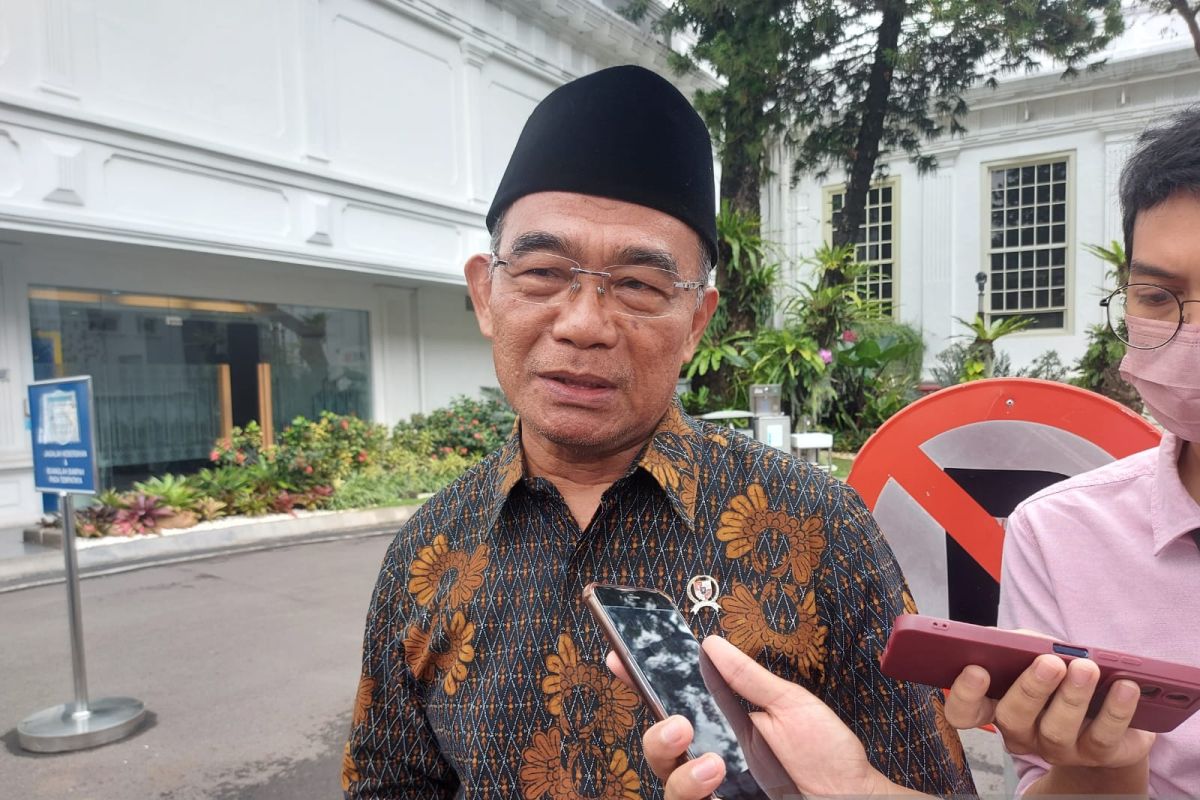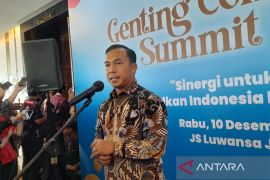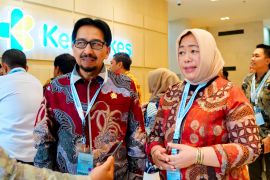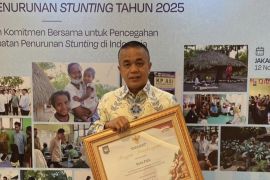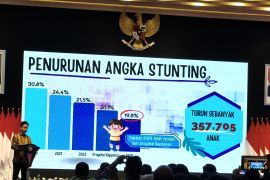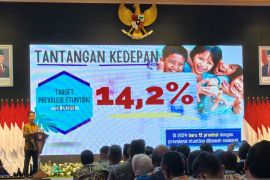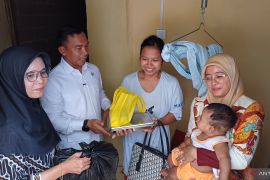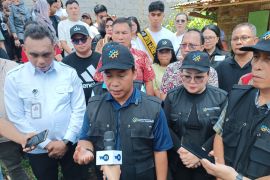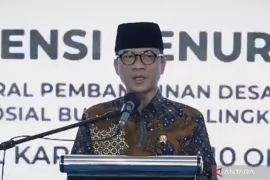At the Presidential Palace complex here on Wednesday, the minister highlighted that there are still several integrated health posts (posyandu) that do not yet have anthropometric equipment to accurately measure the indicators of nutritional status and growth of children.
The indicators include body weight, body length, body mass index, and head circumference.
"There are many that do not yet (have anthropometric equipment). Each posyandu has to have it (the equipment)," he remarked.
According to Effendy, President Joko Widodo (Jokowi) has instructed Health Minister Budi Gunadi Sadikin to ready ultrasound devices and anthropometric equipment at all health facilities, including community health centers (puskesmas) and posyandu, to support stunting early detection efforts.
He noted that the availability of ultrasound devices in puskesmas is crucial to improve the accuracy of fetal growth measurement.
"If the condition of the fetus is not good, it is still in the womb, interventions are easier (to be made)," he emphasized.
He also reminded regional heads to propose special allocation funds (DAK) to the central government if the regional government budget does not suffice to support efforts to accelerate the reduction of stunting.
The minister expressed optimism that the stunting prevalence reduction target would be achieved through collaboration and synergy of all parties.
Indonesia's stunting prevalence rate in 2022 declined by 2.8 percentage points to 21.6 percent, from 24.4 percent in 2021, based on the 2022 Indonesian Nutritional Status Survey (SSGI) survey.
The Indonesian Government is aiming to reduce the stunting prevalence rate to 14 percent in 2024.
The government is taking preventive measures against stunting from before the marriage period, such as providing blood-booster tablets to adolescent girls.
Pregnant women are provided blood-booster tablets and supplementary foods to meet their nutritional requirements. Pregnant women are also encouraged to undergo at least six pregnancy checks throughout the gestational period.
Moreover, the government is eyeing to meet the nutritional needs of children in their first one thousand days of life.
The government also pushes for routine measurements of the nutritional status and growth of children in puskesmas and posyandu, so that stunting cases can be detected early.
Related news: Need to make stunting prevention efforts sustainable: minister
Related news: Food sovereignty helps produce local food to prevent stunting: BKKBN
Translator: Mentari Dwi, Raka Adji
Editor: Rahmad Nasution
Copyright © ANTARA 2023
